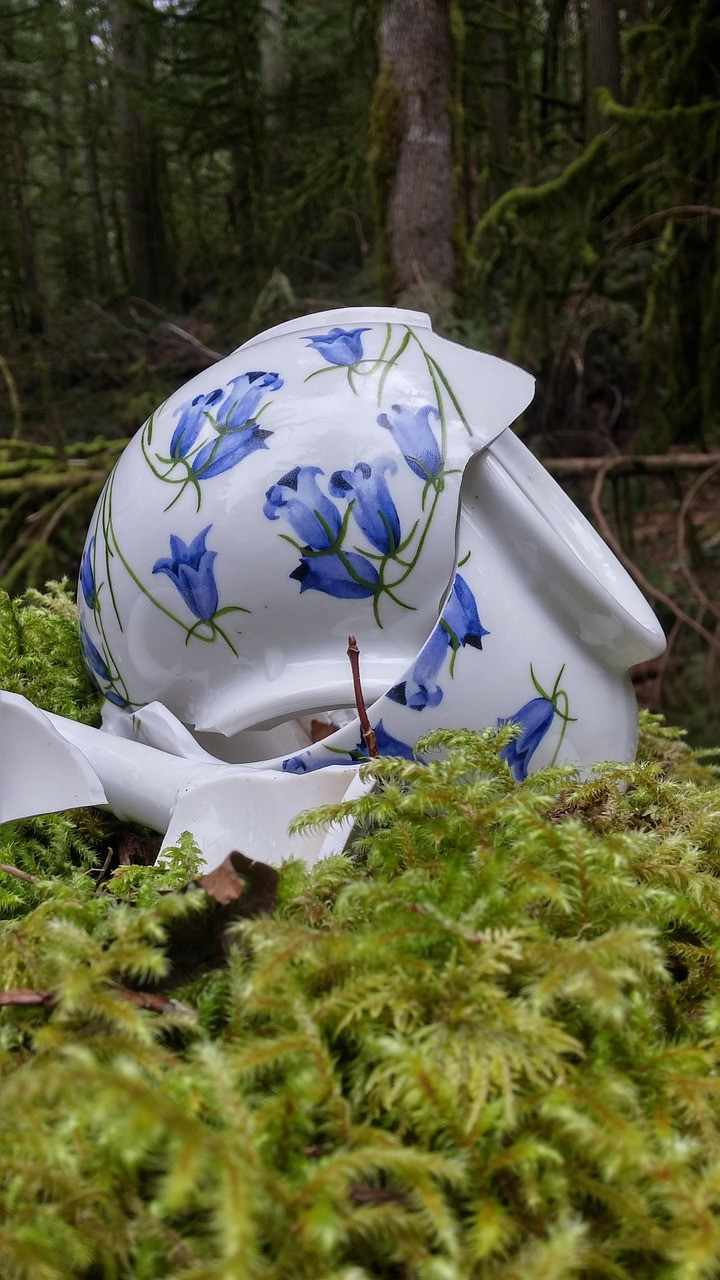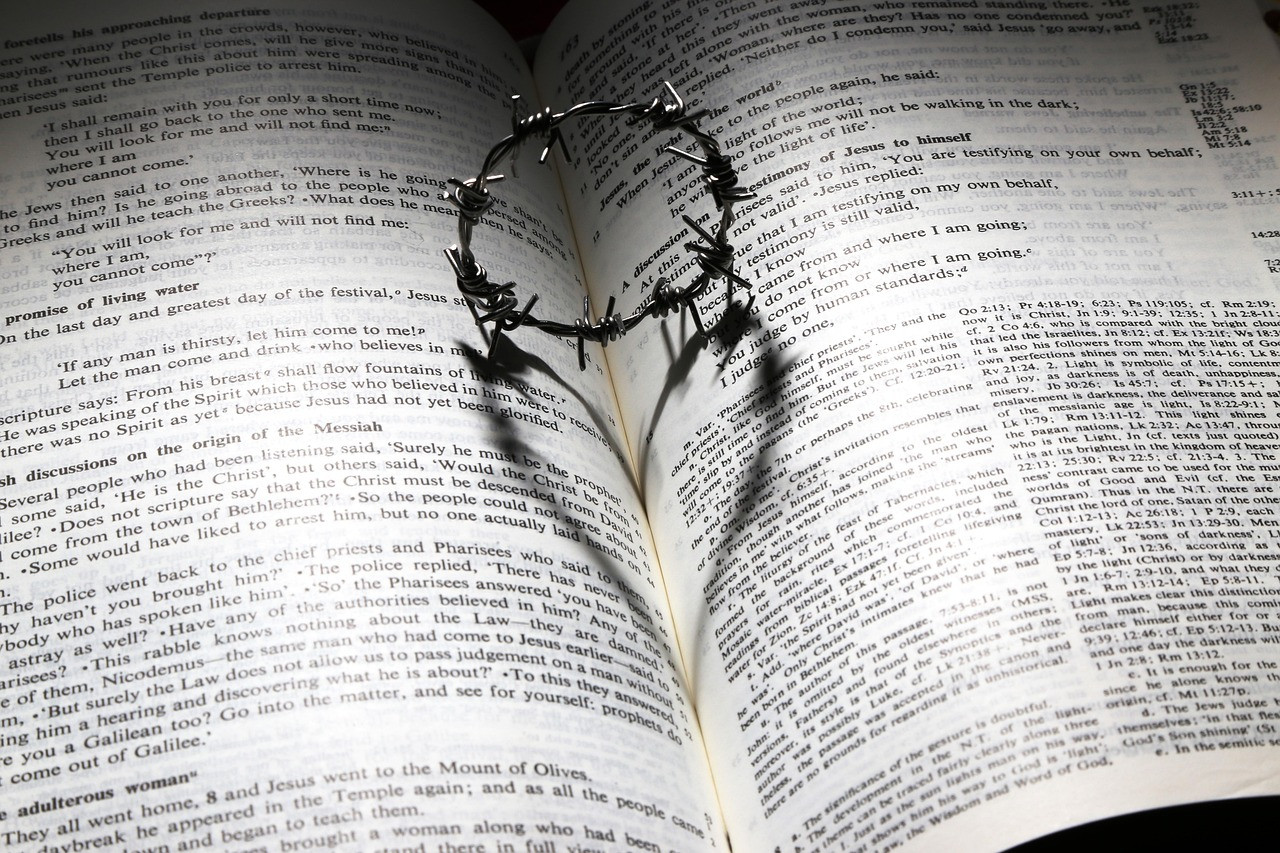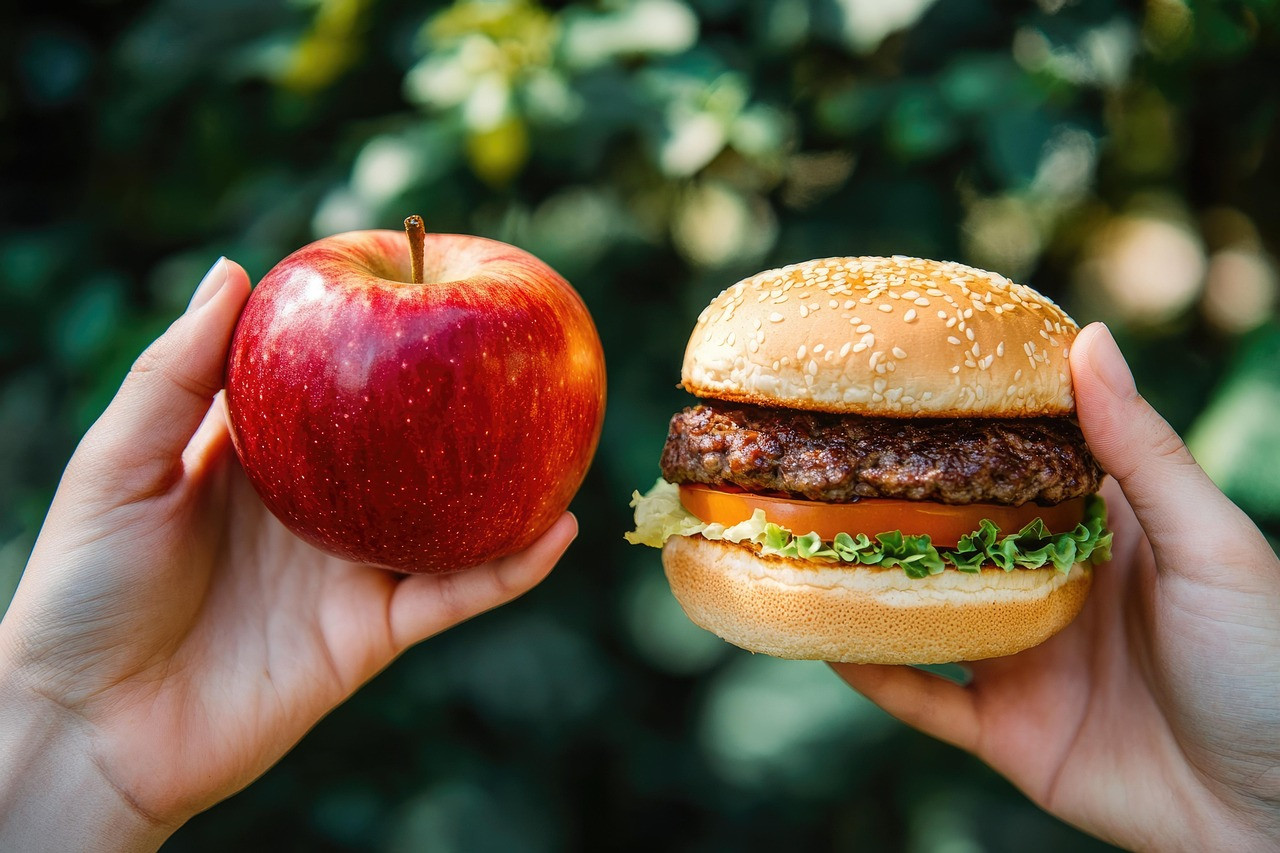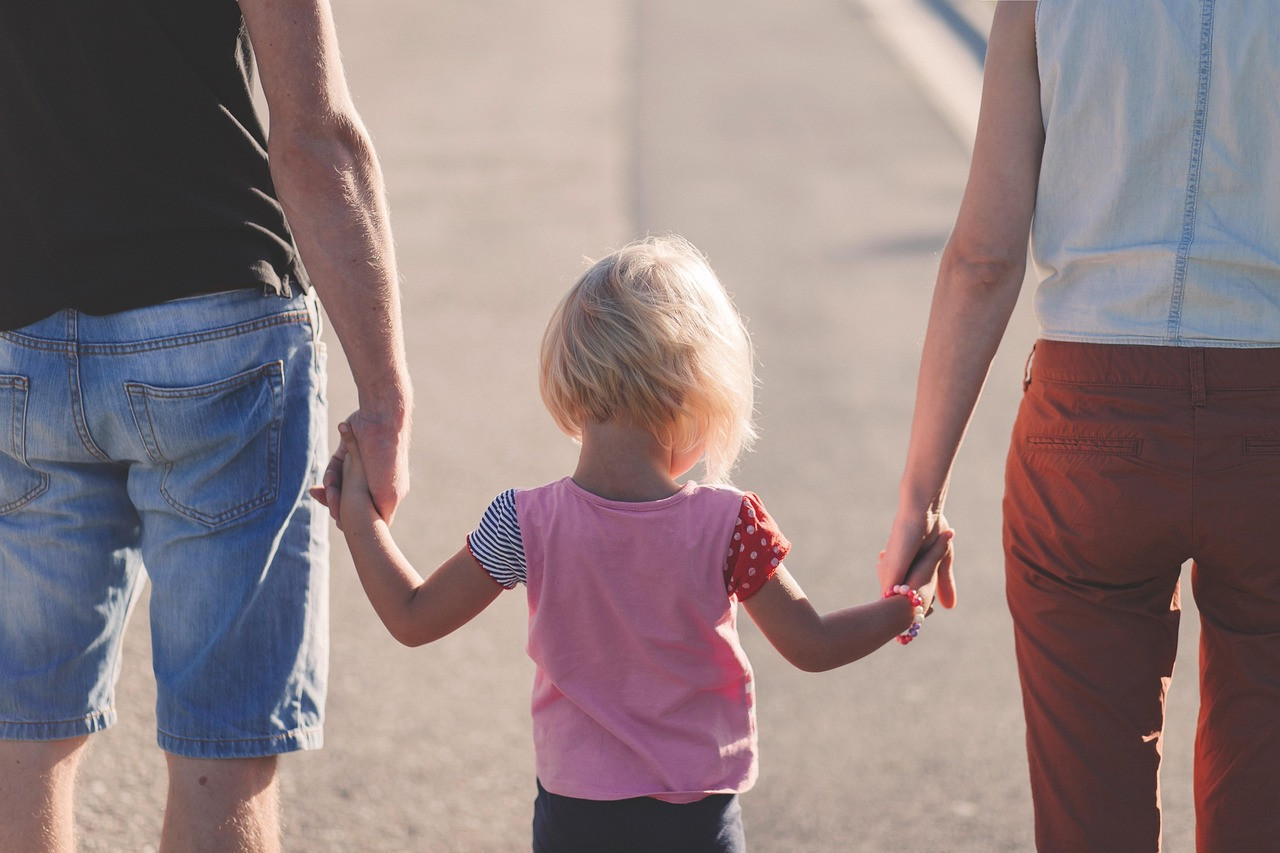Why a Mentor, Coach, or Therapist Can Help
Have you ever felt like the way you think of things seems right until other information comes along and gives you more clarity...shedding some light on the situation?
So, I had this experience recently. I was feeling pretty confident when I decided to run out for breakfast at McDonald's. I thought I'd just get a breakfast sandwich for myself and bring one back to be sweet to my husband on a recent Saturday. So, I did that, and I thought, oh, I can also go to the gym. I don't have anything planned. So, I'll get breakfast, drop one off for him, go to the gym and, oh, I didn't have my earbuds. So, I'll swap off the sandwich and then pick up my earbuds.
When I pulled into my car driveway, and we live in a very safe area, so I decided just to leave my drink in the cup holder, my phone on the dash, and leave the car unlocked because I was running quickly in and out and I would be right back.
The problem is, when I did that and started to head off towards the gym, my phone was gone, and my drink was gone, and I'm sitting there in the car going, what just happened? And so there were thoughts like, did someone steal from me? Are one of my kids playing a joke? Did I accidentally take it inside? Am I losing my mind? And I thought, well, I must have been just not paying attention that I took them inside. And so I'll just go inside and get it. And I went inside to look and there was no phone and there was no drink. And I had a distinct memory of leaving the phone on the dashboard and the drink in the cup holder. So at this point, it's like a Twilight zone kind of thing. It's feeling very surreal.
I'm not sure what's going on. Things are kind of topsy turvy within me because my logic is trying to figure something out. My emotional experience is feeling kind of discombobulated, and my husband didn't see my things either. However, even though I was confident that I had time to drive home, that I had time to swap out the sandwich and get the earbuds, that I had time and was turning around quickly so I could get back to the car so that I could have my stuff left in it and not have to carry it in with me, there was this piece of information that I was missing.
I had failed to consider that since my husband and I have the exact same make and model of cars, just different colors, that I had actually gotten into his car instead of mine. And the only way that I knew that is because he was trying to help me problem solve. And instead of being kind of flustered like I was, he was very calm and said my Bluetooth went off, and he said that I think that you tried to get into my car instead. Do you think that's what happened? Oh, actually, that makes a whole lot of sense.
I thought I was seeing everything clearly. I thought I calculated everything, thought I understood everything. And then I didn't understand why things weren't working, what got mixed up, and I couldn't understand not only why and what, but how. Like what happened? And with that one sentence, he was able to make so much sense of everything for me, just shining a light of clarity on my situation that I couldn't see for myself. And once he did, it sped up my progress. It got me into the car with my earbuds, going to the gym, had a nice workout, it was great. I was back on track. Better than ever, right?
That's what having a therapist or a coach or a mentor can do for you. They can see the things you can't because you're in the experience. Somebody who is trained from the outside to be able to hear and notice and ask intuitive questions, then explain things or offer tools that you may not know can speed up your clarity and your progress, saving you a lot of time, frustration, and that Twilight Zone kind of swirling.
Gratitude
Well, as you might expect during Thanksgiving week, we're going to talk about thankfulness, specifically gratitude. It is something we say all the time, thank you, thank you, thank you for this. We teach our kids to say thank you. It's polite manners and that's a good thing. It's very nice to say thank you. I love it when someone gives a simple thank you. I don't need to have a lot of praise. I don't need to have lots of gifts or anything like that, but somebody with a sincere "hey, thank you for that," is just so refreshing and so nice. It's very beneficial. It makes the receiver feel good, and it helps the person who has said thank you to really put that out there that they are receiving something with a grateful heart.
The verse that I want to talk specifically about in relation to gratitude today is Psalm 91. It says, I will give thanks to you, Lord, with all my heart I will tell of all your wonderful deeds.
So, any and every good and perfect gift comes from God above, so I will tell of all your wonderful deeds. Anything for which we find is a good gift that we can have gratitude for is a wonderful deed from God. When we focus on those gifts, those things that are from God, those amazing things that come from Him, those wonderful ways people have treated us, those wonderful blessings to our soul, those things that we need in our lives that we can appreciate, it really turns us back to appreciation for what God has done. It helps us to give Him thanks and it helps us to praise Him and tell others of His wonderful deeds. When we have gratitude, when we say thank you, when we say I appreciate this, or I appreciate you, or I appreciate that that took place or that that happened, it gives us a chance to slow down and really focus on how blessed we are. When we focus on how blessed we are, we can help ourselves. We can help ourselves scientifically.
Focus on Gratitude to Reduce Depression
So, there is scientific proof from different studies of the benefits of being grateful and having gratitude. For one, it can help reduce depression. Now, whether that is because people who are depressed aren't usually thinking along the lines of being grateful, and therefore people who aren't depressed might think more along the lines of being grateful. So, it looks like there's not as much depression or whether being depressed and thinking on things that you're grateful for can help with depression. I think it works both ways, but it's going to definitely help when we change our thoughts to what is good, pure, lovely, and true, it helps us. God tells us about putting our focus on those things, the things that are good, pure, lovely and true. So, it would stand to reason that there's a reason He said that, and that is because it's good for us to do. No wonder it would reduce depression. If we can put our thoughts on things that are good, that are encouraging, and that we appreciate, it can edify the thoughts to a different level instead of letting those things just drag us down.
Focus on Gratitude to Reduce Anxiety
It can also help with anxiety. Anxiety typically is not something that is a present moment thing. I mean, it can be for certain, there can be anxiety in the present moment, but oftentimes it's anxiety in the present moment about a future event that we might be imagining or about something that happened in the past that we're fearful might happen again. When we can focus in the present on having gratitude, we can realize that right where we are, there are good things to be thankful for. That can help to lessen the anxiety. It can help us feel safer. It can help us have a new framework, a new mindset, worldview, or the outlook where we can relax our nervous system and go, hey, things are good right now. I can relax and just be thankful for this moment, for these good things, for these great people around me, for this great experience, for my dog, for my house, for my car, for the fact that I didn't lock myself out of my car. I could be anything. Being grateful can lessen anxiety in the present moment.
Focus on Gratitude to Support Blood Pressure
It can also help you with blood pressure. Blood pressure is something that can be tricky sometimes. I know personally that I am doing my best to get my blood pressure under control. I have had blood pressure struggles on and off for most of my adult life and it's something that I'm working towards with my healthcare provider to make sure that I'm doing what I can to manage it well so that the numbers stay healthy and lower. But there was actually a listener who had asked if I could do an episode on what to do when you have health anxiety and specifically in regard to having white coat syndrome with going to get your blood pressure checked, so that is definitely happening. In fact, I'm going to do that as a bonus episode tomorrow so you can listen for that. One of the things that can possibly help with blood pressure and heart health is being grateful. It allows your nervous system to relax, and it can help your heart to not have to pump so hard.
Focus on Gratitude to Relieve Stress
Being grateful can helps to feel a lot more grounded. Being grateful, slowing down breathing, regulating your heartbeat and your breath and that can also relieve stress. When we're grateful, it shifts us from the fight or flight nervous system and the stressors of the world to the things that we do have, the things that we can appreciate and again keeps us in that present moment and that can really help.
It can also help us to be grateful for the people that we're with. And socialization is good for our well-being, it's good for our interactions, it's good for our emotions and it can improve sleep for us because we can count our blessings before bed and have better dreams. We can feel more relaxed because we feel content and provided for. Having gratitude is a good thing.
Practicing Gratitude
If you would like to practice gratitude, there are a few things that you can do. You can sing praises to God, sing out your praises, sing praises of thankfulness. Great is thy faithfulness. You go back to old hymns, you can go to more current worship songs, you can journal, you can write them down in a book before you go to sleep at night. You can record them on your phone throughout the day. As you think of things, you can make an intentional habit of getting together with somebody and sharing the things of the week that you're grateful for, and they can share those things with you as well. Maybe in a small group Bible study or a connection that you have with a friend or loved one. It's really good to remember the blessings. Life has enough hard stuff, but to remember that there are good things too can be helpful to your mental health, your emotional health, your spiritual health, and your physical health in so many ways.
Go take on the day!





